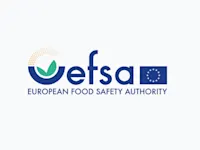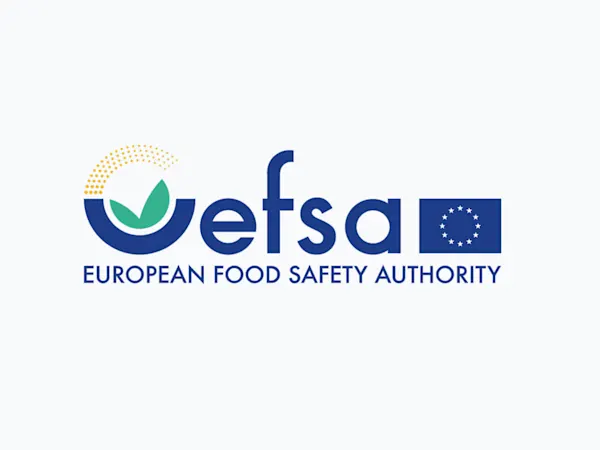
Illinois to Ban Nonbiodegradable Plastic Glitter in Personal Care Products by 2029
Illinois will prohibit nonbiodegradable plastic glitter in personal care products by 2029, impacting manufacturers, retailers, and regulators alike.


The European Union (EU) is stepping up its efforts to combat marine litter by targeting the 10 single-use plastic products most frequently found on Europe's coastlines. Recognizing the dire impact these items have on the environment and human health, the EU is advocating the use of sustainable alternatives to single-use plastics (SUPs), which are discarded after a single use or a brief period of use.
Amid rising concern for our oceans, the aforementioned items, along with discarded fishing gear, account for a staggering 70% of all marine litter across EU shores. The current legislative push aims not only to curb this trend but to position the EU as a leader in the worldwide initiative against plastic pollution.
The Directive on single-use plastics, adopted by the EU, tailors different measures to a range of products, ensuring that the most effective approach is taken. This includes a ban on placing single-use plastic products on EU markets when sustainable options are accessible and cost-effective – including cotton bud sticks, cutlery, plates, straws, stirrers, and balloon sticks.
For other SUPs, the focus is on reduction. Strategies include awareness campaigns, design changes such as bottle caps attached to bottles, labeling requirements to inform consumers of plastic content and disposal methods, and the introduction of waste management responsibilities for producers through Extended Producer Responsibility (EPR) schemes.
The objectives of the EU rules on single-use plastic products are twofold: first, to lessen the environmental impact of specific plastic products, particularly on marine environments and human health; second, to encourage a shift to a circular economy through innovative business models, products, and materials.
Enforcement of these rules comes with a structured implementation plan and includes guidelines in all EU languages. Moreover, the legislation sets forth ambitious targets, such as achieving a 77% separate collection rate for plastic bottles by 2025 and incorporating recycled plastic into new bottles.
The Directive, in effect since July 2019, has been accompanied by subsequent decisions and guidelines aimed at attaining these goals. Key recent developments include the implementation decisions on reporting to assess the reduction of single-use plastic food containers and measuring the success of separate collections for recycling of plastic beverage bottles.
Relevant directives, like the Packaging Directive and the Plastic Bags Directive, also play a role in this overarching scheme to combat plastic waste.
Foresight continuously tracks 1000s of sources and maps updates to your portfolio:




Illinois will prohibit nonbiodegradable plastic glitter in personal care products by 2029, impacting manufacturers, retailers, and regulators alike.

ChemSec updates the SIN List with neurotoxicants, spotlighting brain-damaging chemicals and urging EU regulators to act swiftly on these hidden threats.

EFSA launches consultation on updating its Weight of Evidence and Biological Relevance guidance, aiming to streamline chemical risk assessment practices.
Subscribe to Foresight Weekly and get the latest insights on regulatory changes affecting chemical compliance.
Free forever. Unsubscribe anytime.
Read by professionals at